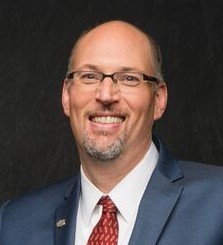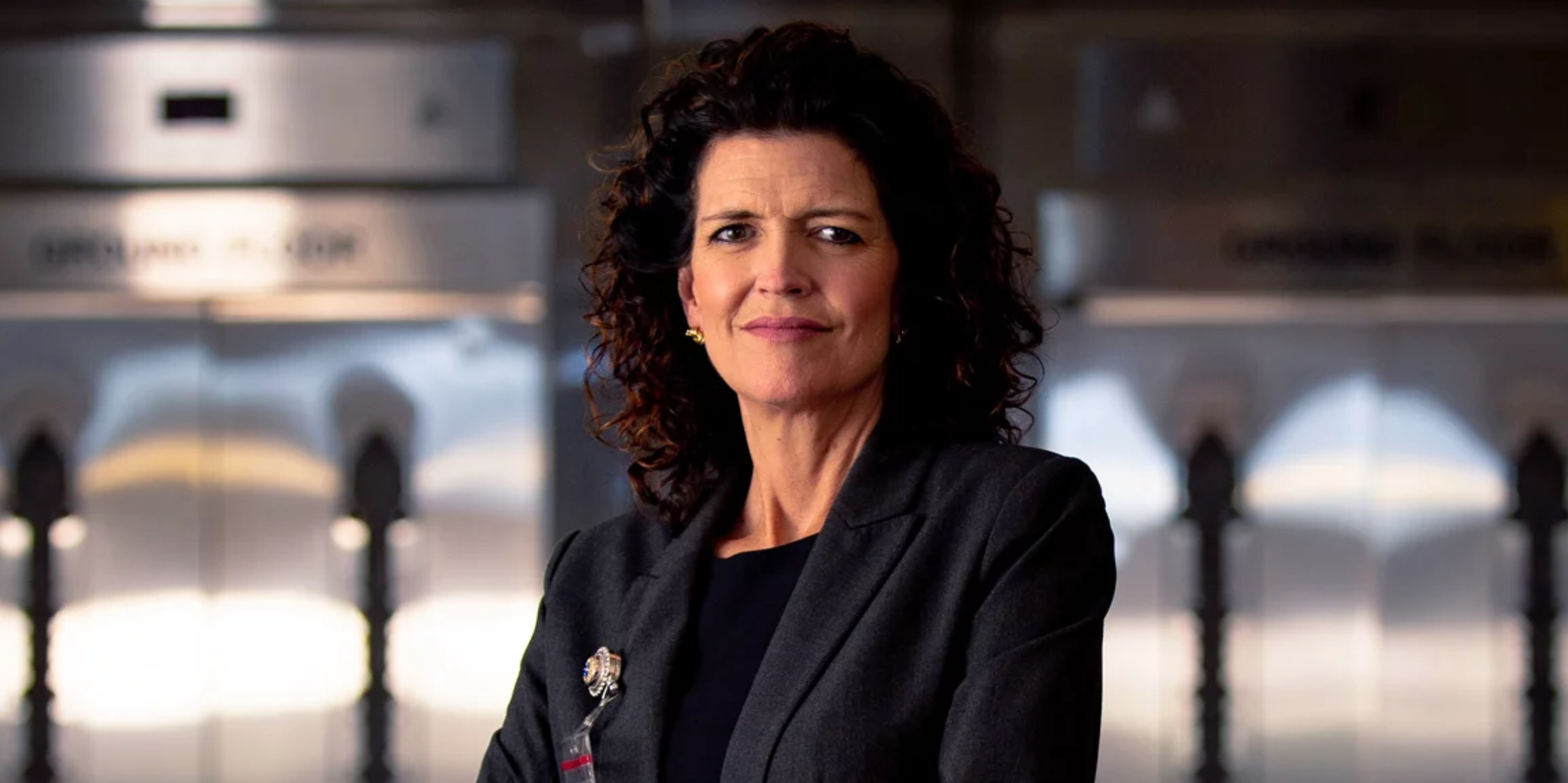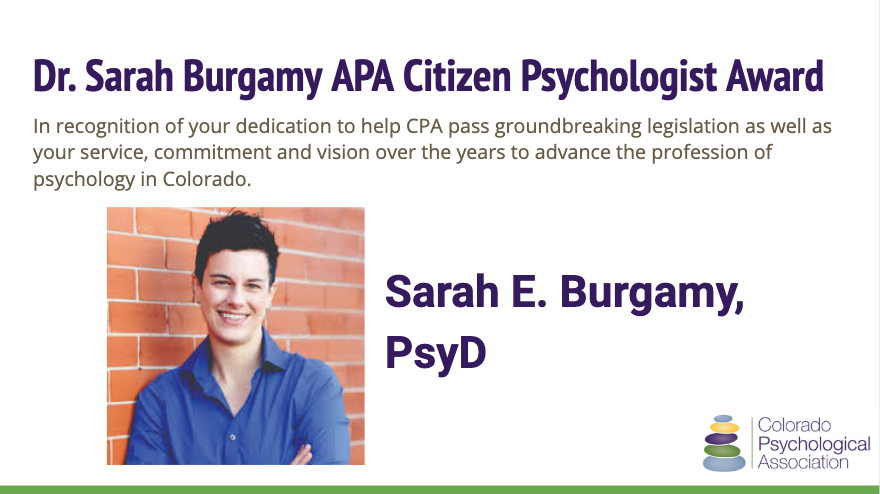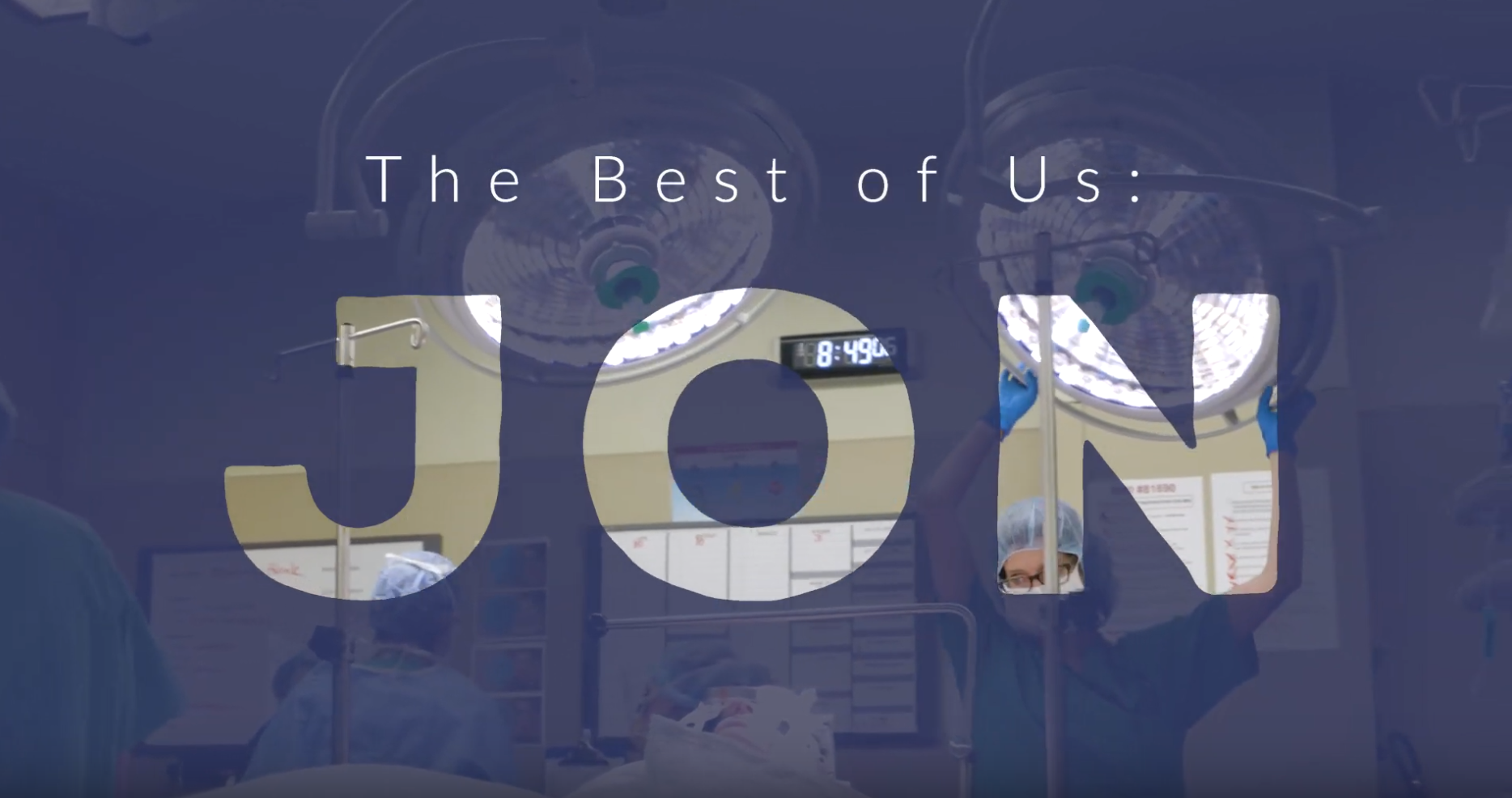-

Family Therapy Best for Youth at Risk for Bipolar Disorder
Jan 23, 2020 by“This study is an important first step in trying to decrease the severity of bipolar disorder early on for children,” said study co-author Christopher Schneck, an associate professor of psychiatry at the University of Colorado. “Efforts at home and in health care settings, like providing skill training for families, can make a big difference in a child’s suffering.” U.S. News & World Report, Jan. 20, 2020Full story -

Deep brain stimulation zaps OCD - UCHealth Today
Jan 14, 2020 byStandard treatments for his obsessive-compulsive disorder hadn't provided relief, so UCH doctors offered up one last option: deep-brain stimulation for OCD.Full story -

Trump’s ‘Remain in Mexico’ policy is traumatizing kids. Bring asylum seekers here to heal.
Jan 6, 2020 byOpinion column by Steven Berkowitz, professor of psychiatry and the director of the Stress, Trauma, Adversity Research and Treatment Center at the CU School of Medicine, and co-author: “As these children and parents arrive at our doorstep seeking asylum, as is their legal right, it is wrong for this administration to knowingly place them in dangerous environments when safe alternatives exist and their presence in the United States has no negative impact on our society. It is our duty to protect them.” USA Today, Jan. 6, 2020Full story -

Top Research Achievements of 2019
Dec 19, 2019 byThe Brain & Behavior Research Foundation in December announced that the top research achievements of 2019 include an investigation led by CU faculty members. The work by Robert Freedman, MD, professor and former chair of psychiatry, M. Camille Hoffman, MD, associate professor of obstetrics and gynecology in the division of maternal fetal medicine, and seven other CU faculty members found that during pregnancy, the presence of adequate levels of the nutrient choline in the mother’s system has a protective role in the development of the fetal brain and on behavior in children following birth. The results of the study are described in an article published in May 2019 in The Journal of Pedicatrics. The Brain & Behavior Research Foundaiton is the world’s largest private funder of mental health research grants and has awarded more than $408 million to more than 4,800 scientists around the world.Full story -

988 national suicide prevention hotline one step closer to reality
Dec 23, 2019 byMichael Allen, a professor at the University of Colorado Anschutz Medical Campus, has been working on the idea with stakeholders nationwide for years. “Part of the desire is not just to create a simpler number but to develop a better system,” Allen told FOX31. Fox31, Dec. 12, 2019Full story -

How a Colorado Couple Quit Booze and Found New Highs in the Mountains
Dec 23, 2019 byWhile it might seem as if the Kirks are trading one addiction for another, Christian Hopfer, a substance abuse expert at the CU Anschutz Medical Campus, says it’s good they’ve found healthy habits to replace time spent drinking. “When people quit using [drugs or alcohol], they often find they have a lot of time on their hands,” Hopfer says. “You have to fill it doing something else, and it has to be rewarding.” 5280, December 2019Full story -

Thousands go to emergency rooms for mental health help in Colorado
Dec 23, 2019 byEmergency doctors at Denver Health have noticed the age of their patients has been dropping over the last six months. Audrey Dumas, who works in the Psychiatric Emergency Department at Denver Health [and is assistant professor of psychiatry at CU School of Medicine], said they’re seeing children come through the hospital emergency doors every day. 9News, Dec. 4, 2019Full story -

About 1 in 4 mental-health ER visits in Colorado are by children, new data shows
Dec 20, 2019 byIn 2018, Children’s Hospital saw the most psychiatric emergency visits — about 4,100 — in a 10-year period. However the number has decreased slightly, with the facility estimating it will have 3,700 visits this year, said Jason Williams, operations director for the Pediatric Mental Health Institute at the hospital [and associate adjunct professor of psychiatry at CU School of Medicine].Full story -

CU Anschutz Grant Will Train Students to Prescribe Drugs That Fight Opioid Addiction
Nov 21, 2019 byAs the nation struggles with a persistent epidemic of opioid addiction, the University of Colorado Anschutz Medical Campus is taking a critical step that will allow its graduates to better treat patients and save lives.Full story -

The doctor will Skype you now: Online counseling goes high tech
Nov 18, 2019 byJay Shore, director of telemedicine at the Helen and Arthur E. Johnson Depression Center at the CU Anschutz Medical Campus, sees native Alaskan patients via video links…. Video consultations are also increasingly being used in emergency medicine. “Most emergency departments are challenged to deal with psychiatric emergencies,” explains Shore.Full story -

Everything Women Need to Know About Depression During Pregnancy
Nov 8, 2019 byThe number one risk factor for becoming depressed during pregnancy is having a prior history of depression, Helen L. Coons, psychiatry professor at University of Colorado School of Medicine in Aurora, tells Health.Full story -

Dr. Epperson Q & A: the relationship between women's brain health and dementia
Sep 27, 2019 byAs part of World Alzheimer’s Month in September, CU Anschutz Today interviewed Neill Epperson, MD, Chair of the CU Department of Psychiatry. In this interview, Dr. Epperson and Kristin O'Neill discuss the relationship between women’s brain health and dementia, in an effort to better understand why Alzheimer’s affects women more than men, and what, if any, preventative strategies women can use to protect themselves against the onset of dementia.Full story -

Call for Articles: Colorado Journal of Psychiatry and Psychology
Sep 27, 2019 byThe Colorado Journal of Psychiatry and Psychology is now seeking contributions for issues in 2020. Past issues have been topical but each future issue will include a variety of articles of general interest.Full story -

UCHealth's Integrated Transgender Program is a 2019 One Colorado Ally Award recipient
Sep 23, 2019 byIntegrated care clinic enables transgender patients to see all of their providers in the same visit.Full story -

Local Foundations Band Together to Expand Childhood Mental Health Workforce
Sep 12, 2019 byFive Colorado-based philanthropic funders came together in a tremendous effort to address the state’s workforce shortage related to infant and early childhood mental health.Full story -

UCHealth dedicates more than $100 million for behavioral health care
Sep 4, 2019 byEarlier today, UCHealth announced a significant investment that will bolster behavioral health care for patients throughout our state.Full story -

Dr. Sarah Burgamy APA Citizen Psychologist Award
Sep 3, 2019 byCongratulations Sarah Burgamy on receiving the inaugural Dr. Sarah Burgamy APA Citizen Psychologist Award!Full story -

The Best of Us: Jon
Aug 9, 2019 byJon Blank underwent deep brain stimulation to help control his obsessive-compulsive disorder. Today, he’s reaching new heights on his snowboard, earning his master’s degree and feeling happiness for the first time in years. Watch Jon’s journey and subscribe to the Best of Us channel to see more extraordinary stories.Full story -

The Importance of the Mental Side of Healing
Jul 10, 2019 byBruce Gordon was in incredible shape. Suddenly he was sweating and had tightness in his chest. He couldn't believe he was having a heart attack. Something Bruce had always feared would happen. After his experience, he now understands the importance of taking care of your mental health as much as your physical health.Full story -

Inspirational story highlights Friends of the Haven gala
Jul 2, 2019 byA hugely successful annual gala put the focus on the Friends of the Haven, with proceeds going to support unfunded programs and services at the Haven and Baby Haven. The programs are located within the Addiction Research & Treatment Services (ARTS) organization in the Department of Psychiatry, CU School of Medicine. A crowd of 229 guests, including more than 100 new supporters, attended the springtime event at CU South Denver in Lone Tree. The gala raised $177,000 – the most in the event’s history.Full story
Contact Us
Department of Psychiatry
Anschutz Medical Campus
13001 E 17th Place
Fitzsimons Building, 2nd floor, Suite C2000
Aurora, CO 80045
Phone: (303)724-4940
Fax: (303)724-4956